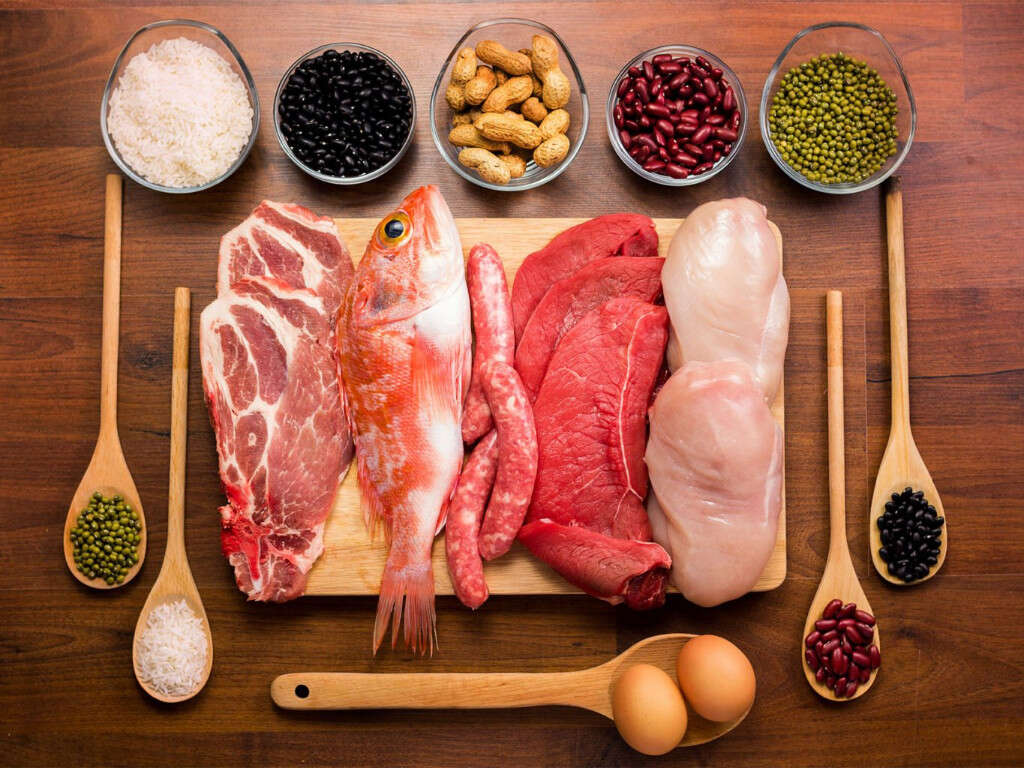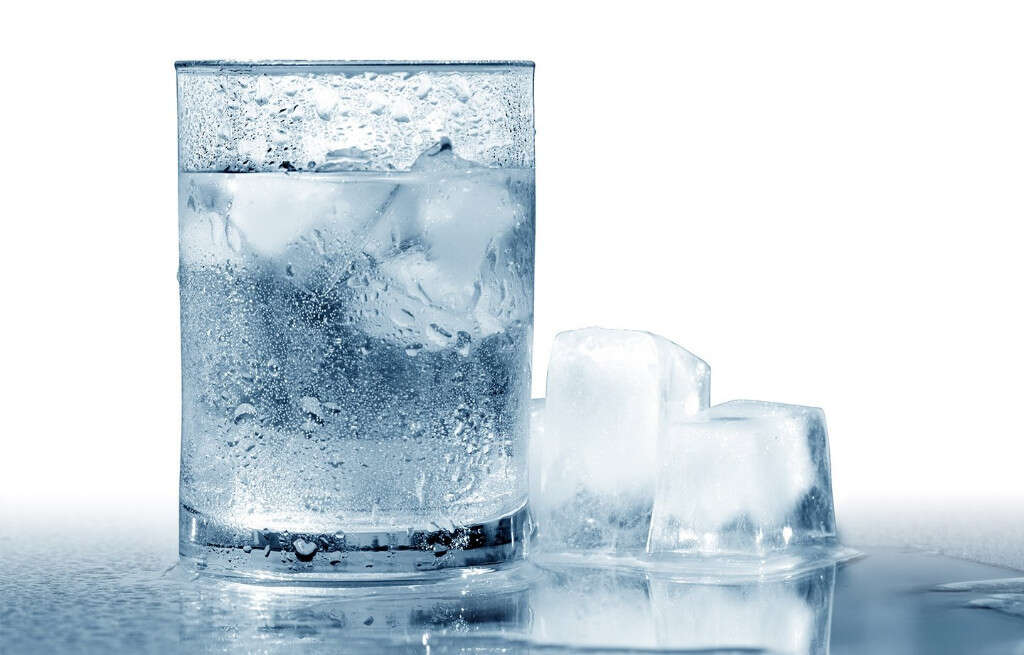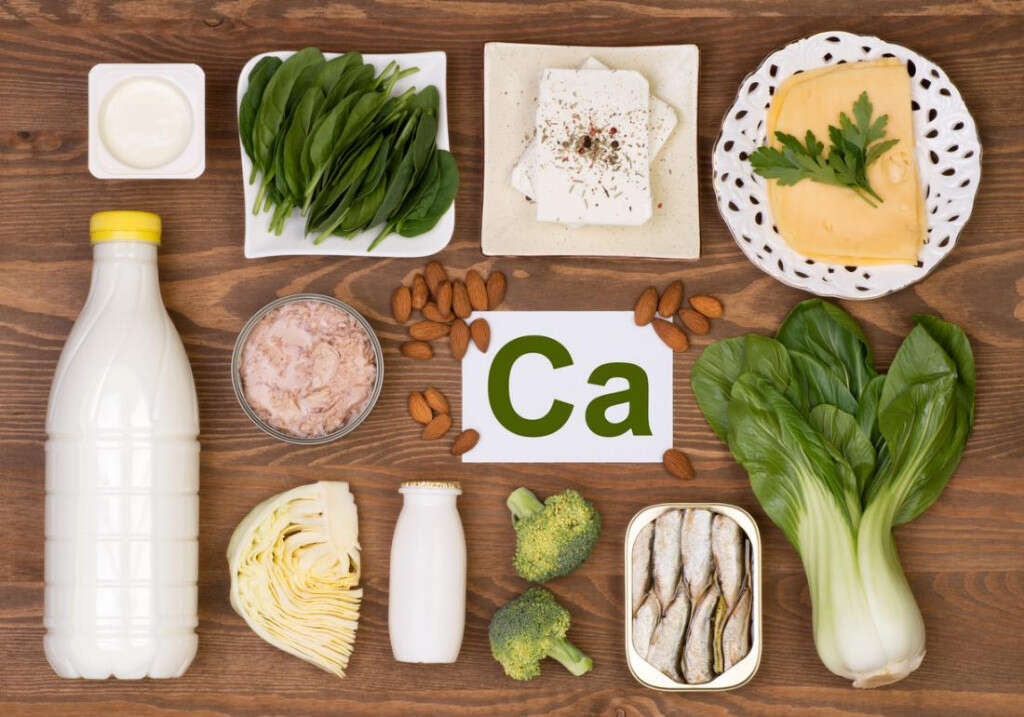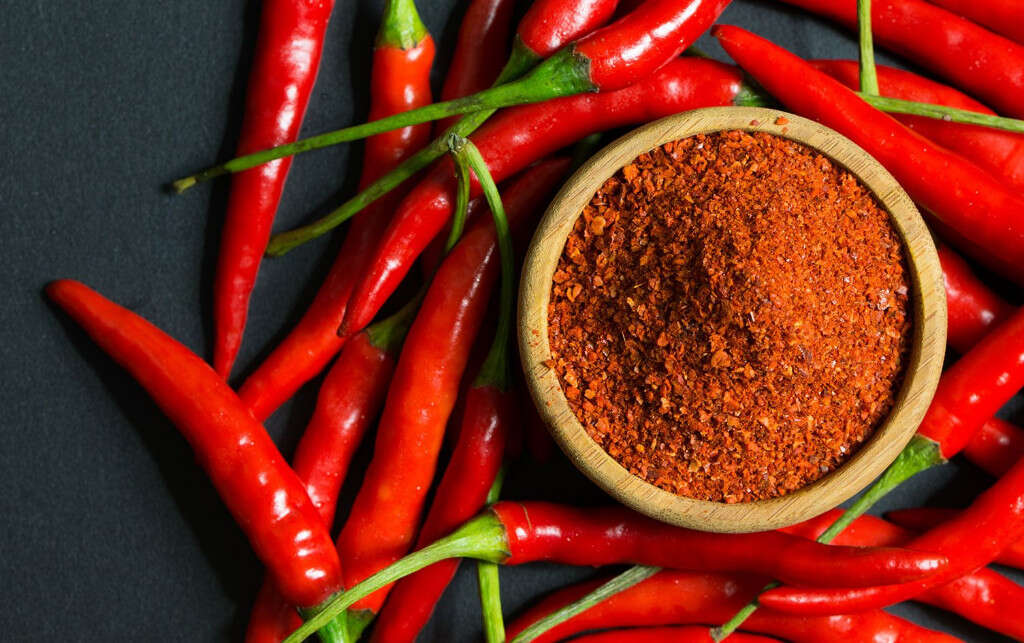10 Ways to Increase Metabolism
Metabolism is measured by all the energy that your body is able to burn in a day. Since burning calories does not only happen during exercise, it is important to put into consideration how much your body can burn without exercise. The higher your metabolism is, the more calories you burn and the easier it is to lose weight and keep it off.
Metabolism is made of 10% exercise, 70% basal metabolic rate (BMR), which is the number of calories your body burns to stay alive, and 20% non-exercise thermogenesis, which is the number of calories your body burns doing things that are not necessarily exercise.

Metabolism Booster #1: Eat Enough Food
Eating food when you’re hungry is key to fueling your metabolism. By eating, you increase your metabolic rate, which is also called the thermic effect of food (TEF). TEF is the amount of energy the body expels to digest and absorb nutrients. Protein causes the largest rise in TEF by increasing the metabolic rate by up to 30%. Carbs can increase the metabolic rate up to 10% and fats up to 3%.
Skimping on calories makes your body’s metabolic rate slow down. Essentially, the rate at which calories are burned to conserve the fuel is slowed. At the end of the day, undereating is considered to be just as risky as overeating. Instead of skimping out on food, it is recommended to eat more nutrient dense meals that will be more satisfying.

Metabolism Booster #2: Eat More Protein
Protein is a very important source of energy when it comes to increasing your metabolism because it takes the most amount of energy and the longest to burn. It can even increase post-meal calorie burning by as much as 35 percent. Fiber is next in line. These foods have a unique power that increases your BMR.
Protein needs differ by individual. Typically, it is recommended to consume 0.8 grams of protein per kilogram of body weight to promote weight loss. That would mean that a 145lb individual who is 66kg, would need 53 grams of protein per day.

Metabolism Booster #3: Drink Cold Water
Research suggests that drinking six cups of water a day, around 48 oz, can raise your resting metabolic rate by 50 calories. That’s enough to shed five pounds in just one year! The increase in metabolism comes from the amount of energy it takes for your body to bring the water’s temperature down to body temperature. Although you may think that burning a few extra calories while drinking a glass of water doesn’t amount to much, it is a good habit to acquire if you want to lose a few pounds with zero effort in the long run.
In one study, they drank 17 oz. of room temperature water to see its effects on resting metabolism. The research showed that drinking water can temporarily speed up your metabolism 10-30% for a whole hour.

Metabolism Booster #4: High Intensity Workouts
High intensity workouts, also known as HIIT, has been shown to burn more fat than other types of exercise. It increases your metabolic rate after you finish your workout, therefore you’re burning more calories than you think. One study found that just 12 weeks of high intensity exercise reduced belly fat by 17%.
Another study suggests that significant body fat loss was observed due to the increase in metabolism post-exercise for those who did sprint interval training. The study examined what six weeks of sprint-interval training or continuous endurance training would do for body fat loss.

Metabolism Booster #5: Lift Heavier Weights
People tend to expel energy differently, and those who have a slow metabolism are at higher risk for gaining weight. Skeletal muscle plays a major role in metabolic rate, that’s why it is important to keep lifting weights to protect your body. One study examined how a slow metabolism for a given body size contributes to decreased fat oxidation, which is a major risk for weight gain. The study found that differences in muscle size account for metabolic rate.
Another study examined women who were on a low-calorie diet while doing exercises from cardio to resistance training. In the end, they found that the women who were doing weights maintained their muscle mass and lost weight, while the other group lost muscle mass and weight as well. The study suggests that the loss in muscle mass contributed to a decrease in their metabolism.

Metabolism Booster #6: Make Sure You’re Getting Enough Calcium
Calcium is a mineral that is best known for building strong bones. It also plays a major role in metabolizing fat. The metabolism of fat determines whether or not your body will hold on to the fat for energy or burn it. This has a major effect on your metabolic rate.
Some great sources of calcium are fortified almond milk, organic milk, yogurt, cheese or cottage cheese. These foods are composed of whey and casein, which contribute to building muscle mass and preventing muscle from breaking down. One study even suggests that women who consumed more dairy consistently, were able to lose more fat and gain more muscle mass over time.

Metabolism Booster #7: Sitting For Too Long
Sitting for too long is bad for your health, even if you find yourself working out for an hour a day at the gym. If you are spending the other 23 hours of your day sitting or lying down, it is inevitable that your metabolism will become slower.
Sometimes it is difficult to get up and walk around while you’re at work because we feel chained to our desks and don’t want to lose focus, but it is important to somehow incorporate a few minutes of walking each hour. Studies suggest that moving periodically will help decrease biomarkers, such as triglycerides, blood sugar and cholesterol. Next time, try doing a lap around the office and get your blood flowing before you start your next project.

Metabolism Booster #8: Stress Less
Stress is actually considered to be the number one factor impacting metabolism. When we are stressed, not only do we choose more comforting foods, but we also produce more cortisol, which increases our appetite and drives us toward sugary foods.
When we are stressed, it is harder to get ourselves outside for some exercise. Movement is an easy way to relieve some stress, but it’s difficult to get yourself out there when stress is weighing you down. Stress can also impact how well and how long you are able to sleep. Studies suggests that sleeping less is linked to having a poorer diet. The cascade effect that stress can have is detrimental, if not properly managed.

Metabolism Booster #9: Sleep More
Countless studies have shown that sleep plays a major role in what you decide to eat the next day. Not getting enough sleep sends your hormones off, and they end up fluctuating. Too much ghrelin is a result of not enough sleep. This hormone tells us that we are hungry. Too little leptin also results, which tells us we are not full.
Now having enough sleep leaves us feeling hungry and tired all day, making us lose our ability to know when we are full and driving us toward making poor eating choices. Too little sleep also increases cortisol levels, which contributes to craving more carbohydrates.

Metabolism Booster #10: Eat Spicy Foods
Capsaicin is a substance found in peppers that has shown to boost metabolism in several studies. You can even take capsaicin supplements if eating spicy food does not suit your palate. Many people cannot tolerate the amount of capsaicin necessary to have an effect on metabolism.
One study suggested that eating capsaicin in acceptable doses, burned about 10 more calories than usual. For an average-weight male, this could account for one pound of weight loss over around 6.5 years. Although it is not a significantly high amount of weight, incorporating spicy food into the diet can contribute to long term health.












